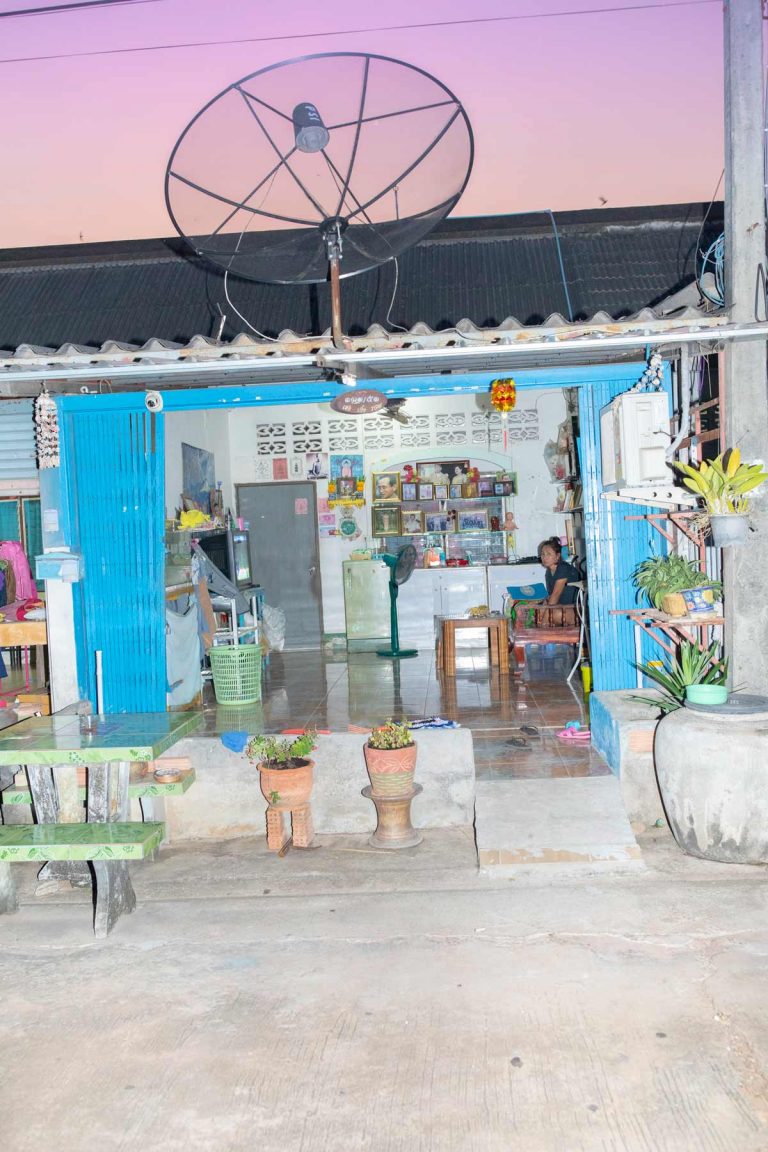
Opinion
The internal longing that accompanies an unexplored heritage
By Medya Gungor
Opinion
The internal longing that accompanies an unexplored heritage
By Medya Gungor
Published Nov 5, 2020 at 11:00 AM
Reading time: 3 minutes
Mental health
Nov 5, 2020
The concept of an unexplored heritage is something I’ve thought about for a while yet never heard discussed before. To put it simply, the term unexplored heritage can be used when someone is biologically formed by more than one country or ethnicity but a part of their ethnicity is either less involved in their day to day lives or left completely unexplored.
While an explanation of this concept is needed, so is mentioning how stereotyping and societal racism play their part in its definition as so many people make assumptions about someone’s heritage based on their looks. You know what I’m talking about, the painful ignorance of the ‘Where are you from mate? No, I mean where are you really from?’ question.
It must be exasperating for people who aesthetically fit the bill for a certain stereotype to be questioned about a country they may not have grown up surrounded by completely, if at all. There is a high chance that these people haven’t grown up with the parent from this side of their heritage and have been entirely underexposed to its culture.
This idea goes the opposite way too, in an almost reversed-stereotyping manner. For instance, someone who may not appear to be from a specific culture or heritage but actually is. I’ll use myself as an example for this one, as I’m half Welsh and half Turkish but a general consensus would define my appearance as ‘British’.
I’ve noticed that when a person’s aesthetics don’t obviously reflect their background, people tend to shrug off the idea of them being anything other than what they were assumed to be. In other words, you look like X so you must be X, regardless of what you’re telling me. I believe the prevalence and importance of an unexplored heritage changes throughout different stages of your life, developing over time.
When you’re younger, fitting in is generally of utmost importance and so anything out of the ordinary is automatically blocked out. I started taking more of an interest in my Turkish side when I started university.
Still, I know people who relate to this kind of uncomfortable awkwardness and naivety in not being able to explain more to someone about where half of you ‘technically’ comes from. It can make you feel stupid or unequipped to answer questions about your heritage because actually, you don’t know enough about it to provide the answers. Then the thought creeps in—you should know more about this. I’ve almost felt like a fraud, claiming to be something that I don’t feel I have enough knowledge about to claim as my own. But it is mine, regardless. It’s like a missing piece of the puzzle, and I want it.
Life tends to get in the way of you being able to explore it because as you get older, things become more of a juggling act—keeping momentum and getting your shit together while maintaining your sanity.
But the longing of wanting to understand more about the missing piece of your puzzle doesn’t disappear, not for me at least. I am always faced with subtle reminders, reinforcing the part of me which is missing.
People from a mix of backgrounds naturally gravitate to each other, and I personally seem to connect with these people on a deeper level. A huge proportion of my close friends are multicultural, which seems to facilitate an immediate common ground. These are the people you joke with about the ridiculous traits that go hand in hand with certain cultural demands, expectations and clashes.
My British Muslim friends joke about what is deemed ‘haram’ or not while my Nigerian friends describe the chaos of going to dinner with that side of their family. I chirp in with my dad’s comments of ‘can you put some more clothes on please, you look so western’ or the memories of endless hours spent meeting your ‘aunties’ and ‘uncles’.
There’s a definite hint of envy when I see people who have such exposure to their heritage on a daily basis, be that through their family, friendship circles or communities. Meeting the cliché of a millennial obsessed with my own identity and individualism, I feel that a huge part of who I am exists as a faded watermark on the print of myself. It’s there, but you can barely make it out. How different would I be if I explored this side more?
I’m not suggesting that everyone with an unexplored heritage relates to this feeling and I’m sure there are plenty of people who remain totally unaffected by it. Nor do I think that someone’s ethnicity determines who they are or that blood runs thicker than water. As far as I’m concerned, you choose your family and you come from where you feel you come from; the place you call home.
Yet without having a certain degree of knowledge or involvement in both sides of your heritage, there will always be a small part of you that is missing. As if you’re trying to win an argument without knowing the full context of a situation or reading a book that has chapters missing from it. You just don’t quite know the full story.




